Going into 2024, the tourism industry in Japan has witnessed a remarkable change in tourists' accommodation choices, as the homestay model has begun to compete significantly with traditional hotels.
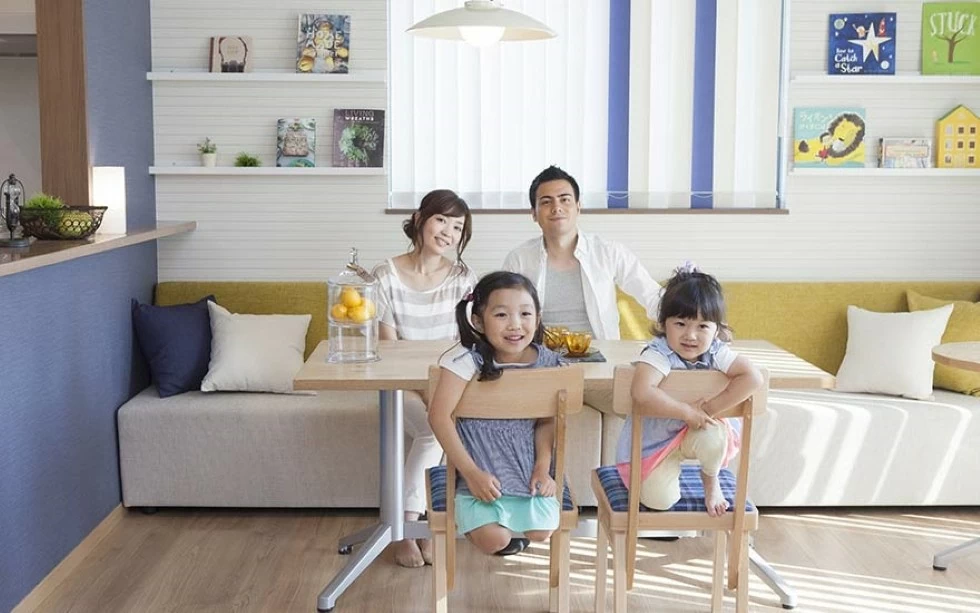 |
| Homestay in Japan. (Source: yourhomeinjapan) |
With the boom in international tourists flocking to Japan, prices for traditional hotels in Japan have skyrocketed, fueling demand for more affordable options, such as homestays.
In Tokyo, a Japanese family inn is a type of accommodation business that rents out an entire apartment or a room to tourists, operated by a business or an individual. The advantages of this model compared to traditional hotels are low prices, the ability to share with many people, and even the ability to cook according to one's preferences.
According to the Japan Tourism Agency, as of July, there were 25,326 households licensed to operate homestays under the new Private Accommodation Business Law, which took effect in 2018. This number has surpassed the peak recorded in April 2020 before the Covid-19 pandemic became serious, with 21,385 households.
According to a representative of STR - a subsidiary of real estate data analysis group CoStar Group, the average price of a hotel room in Tokyo last June was 28,698 yen/night (about 199 USD), an increase of 57.6% compared to June 2019. Meanwhile, the price of renting a family-run homestay also increased, but the unit price was only about 2/3 of the hotel price and there was flexibility in the nature of the service. A Chinese tourist said that their group of 8 people traveling to Osaka city. If they chose the homestay type, they only needed to book 2 rooms at an affordable price, instead of having to book at least 4 hotel rooms.
Matsuri Technologies - a real estate company founded in 2016 that operates 2,400 family-run guest houses - is considered a typical example of business model transformation. In May 2020, when the company was still renting out long-term apartments to individuals and families, the occupancy rate was only about 30%, but after converting to a short-term homestay model serving tourists, the occupancy rate in August of the same year increased to 70%. Matsuri Technologies also applies artificial intelligence (AI) to room management to reduce the steps of cleaning the apartment. Accordingly, after guests check out, photos of the apartment are sent to the data analysis center to assess the condition of the room and any problems that arise. Thanks to that, the company has reduced a physical inspection step by the person in charge, thereby cutting down on part of the labor costs.
In Japan, the homestay model appeared quite early and began to flourish in 2016. However, at that time, most of them were "illegal" businesses and there were many problems when international tourists rented accommodation such as improper waste disposal, disorder at night, etc. After the Law on Private Guesthouse Business took effect in 2018, difficulties in administrative procedures and regulations were removed, many households and real estate businesses promoted the development of this model.
If in the past, the main customers of homestay were international tourists who wanted to experience the reality of exploring the "Land of the Rising Sun", now the target audience has expanded to domestic tourists, accounting for about 40%. The main reason is that high prices have forced Japanese consumers to tighten their spending and the demand for group travel among young Japanese people has increased. According to the leadership of Matsuri Technologies, the development potential of this type of family accommodation is still very large for the domestic market, especially the group of people over 40 years old, who are not really ready to accept change and appreciate privacy and quietness.
Source: https://baoquocte.vn/homestay-va-khach-san-cuoc-chien-moi-tren-thi-truong-du-lich-nhat-ban-283750.html








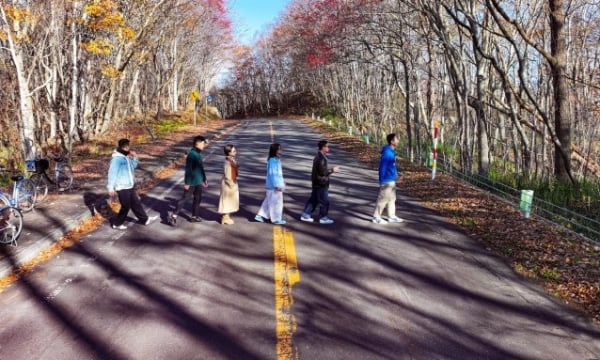

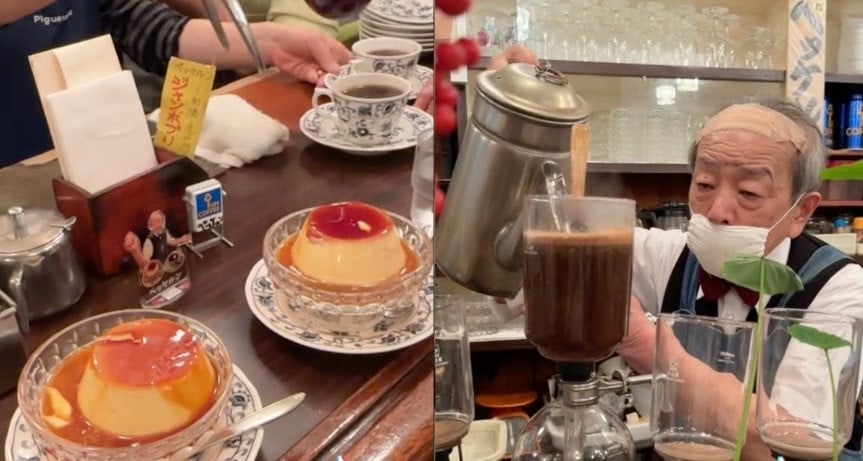

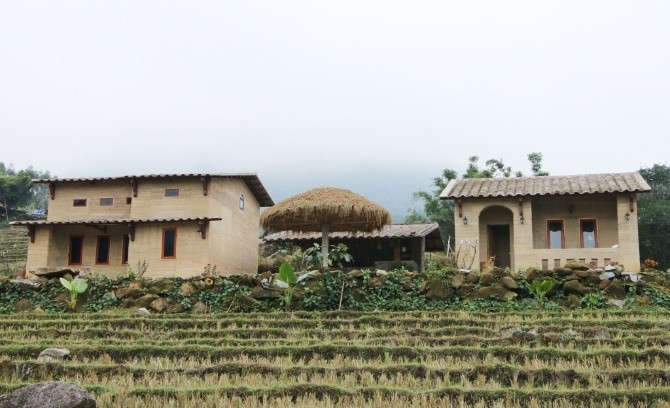
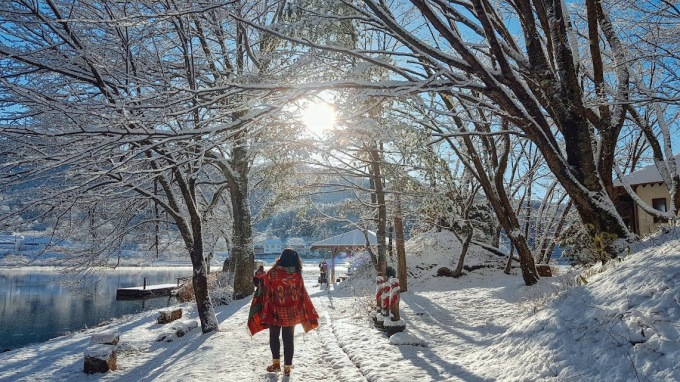
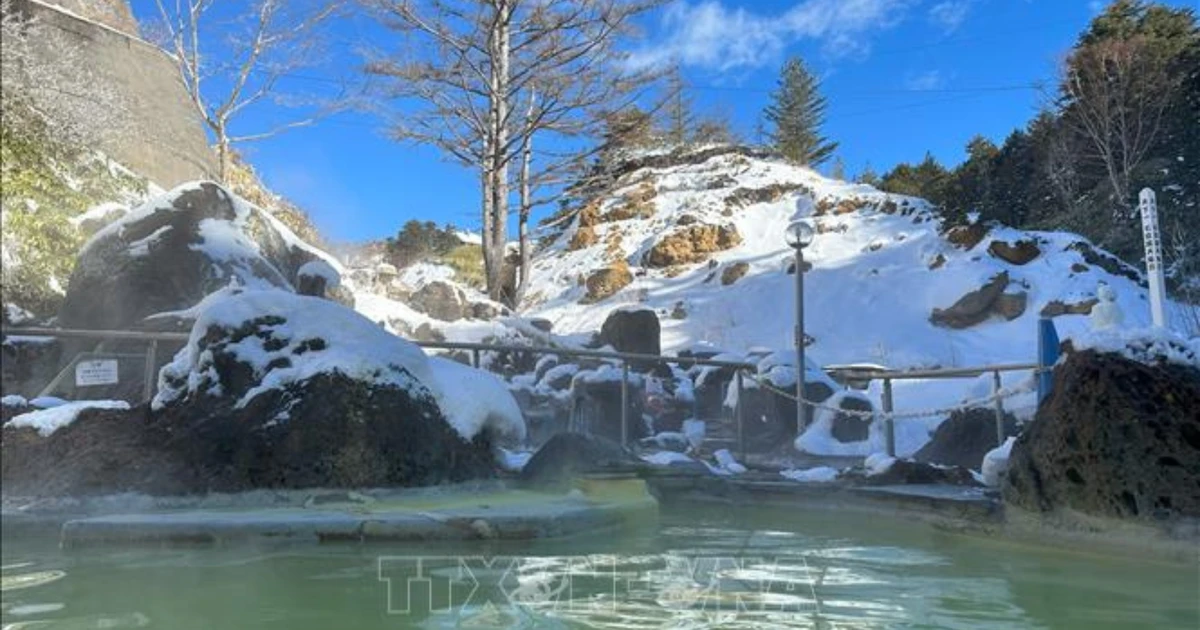

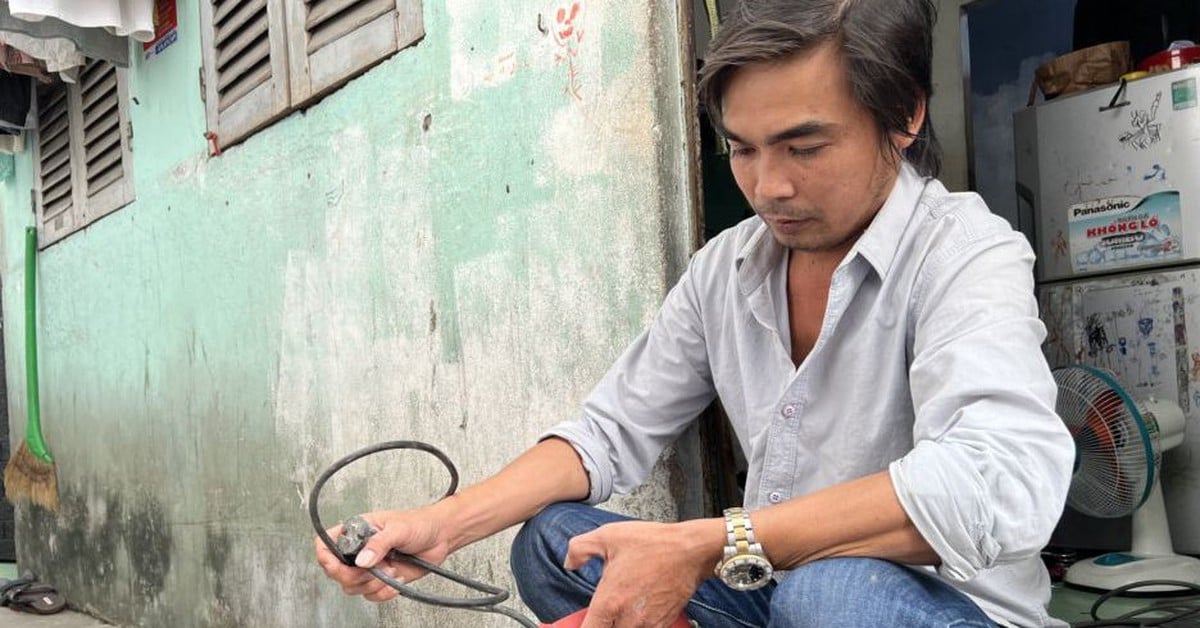

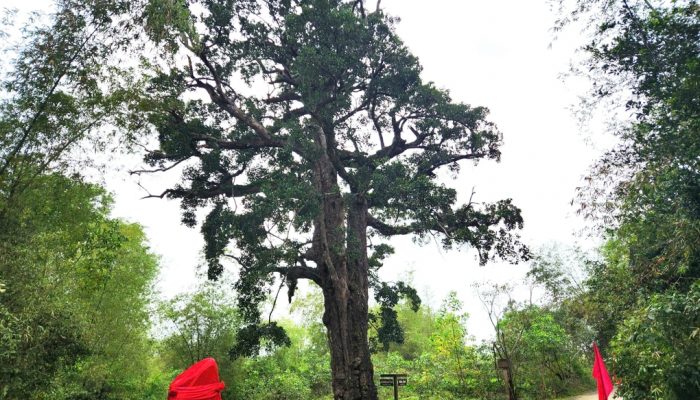




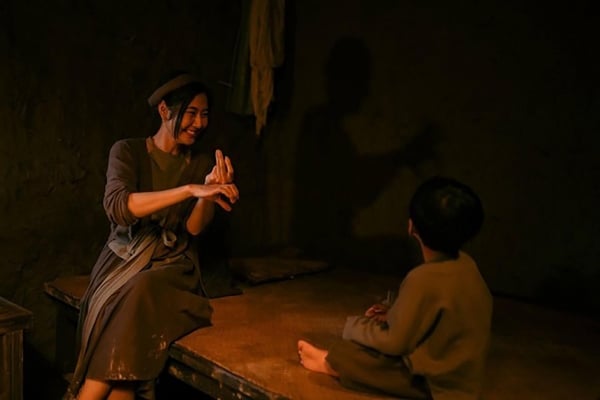




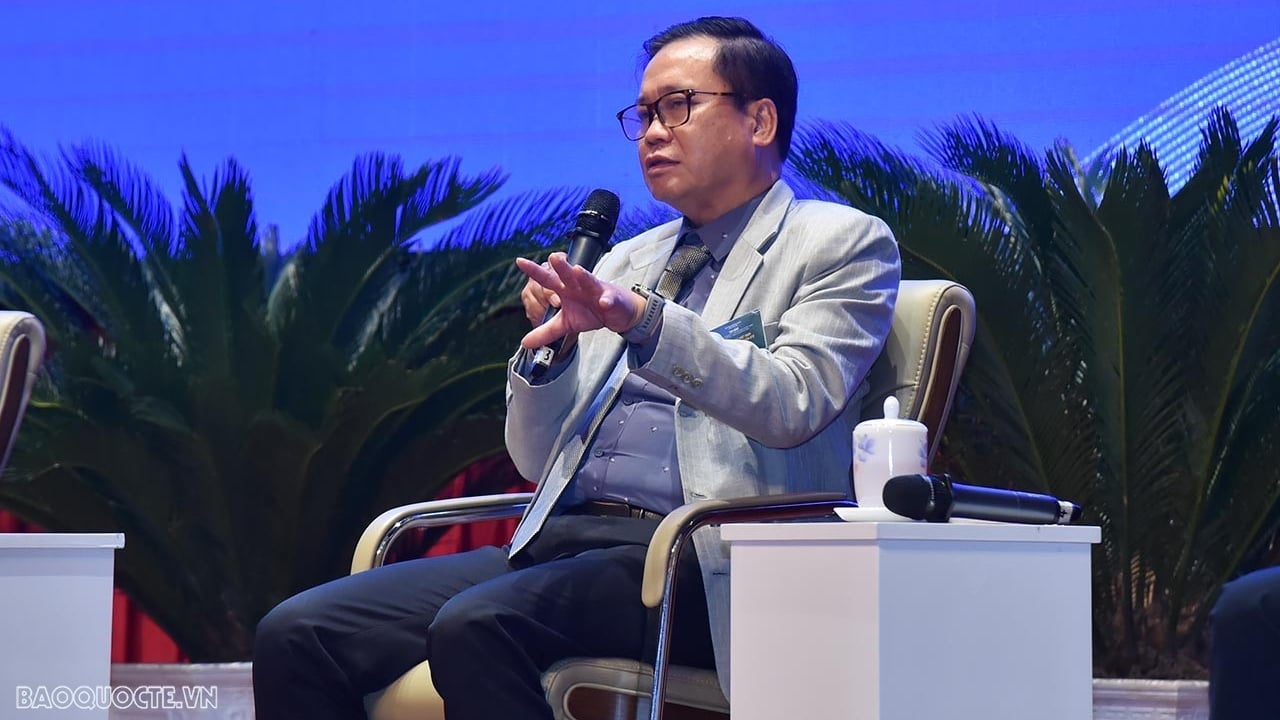


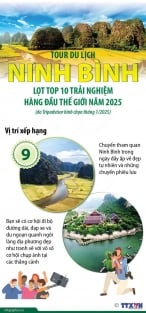







![[Photo] Prime Minister Pham Minh Chinh chairs Government Conference with localities on economic growth](https://vstatic.vietnam.vn/vietnam/resource/IMAGE/2025/2/21/f34583484f2643a2a2b72168a0d64baa)
























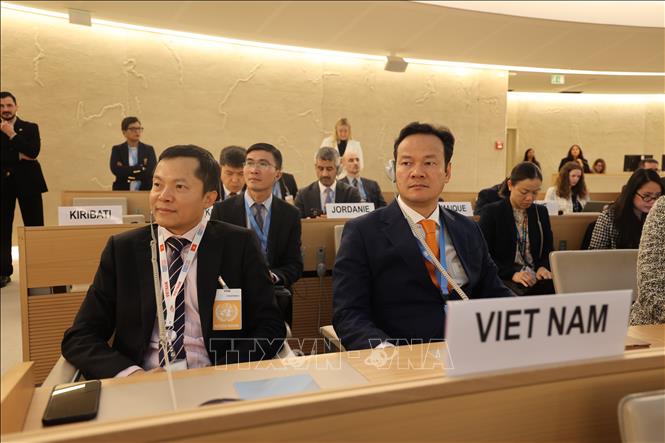


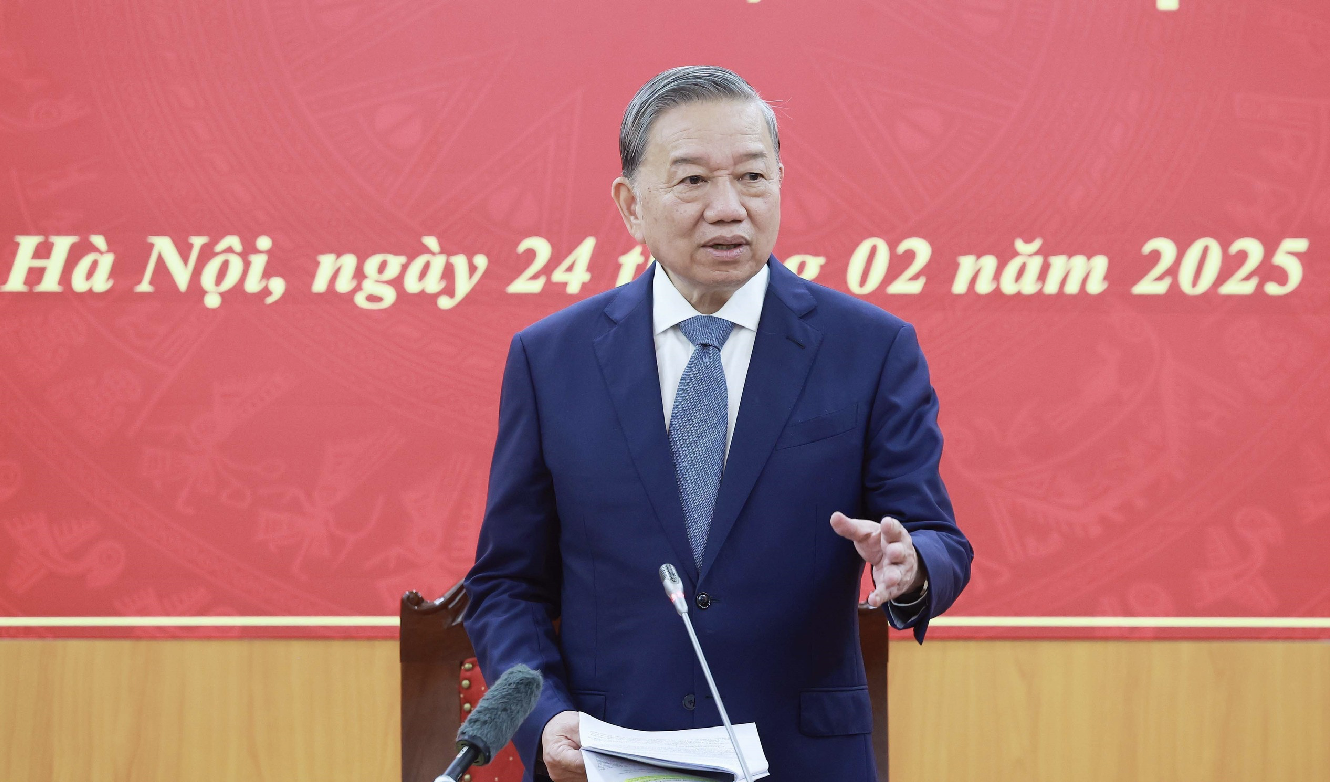
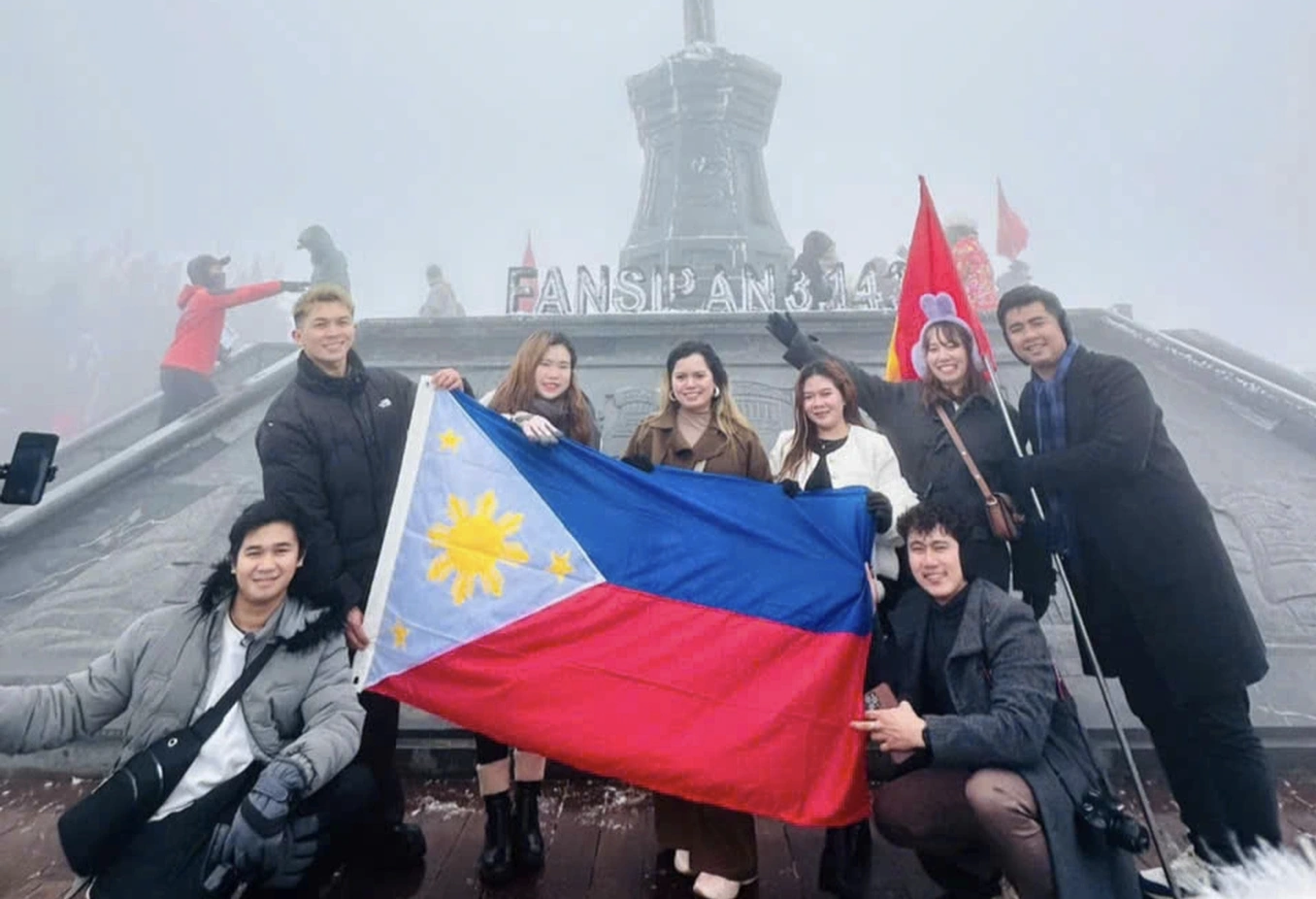

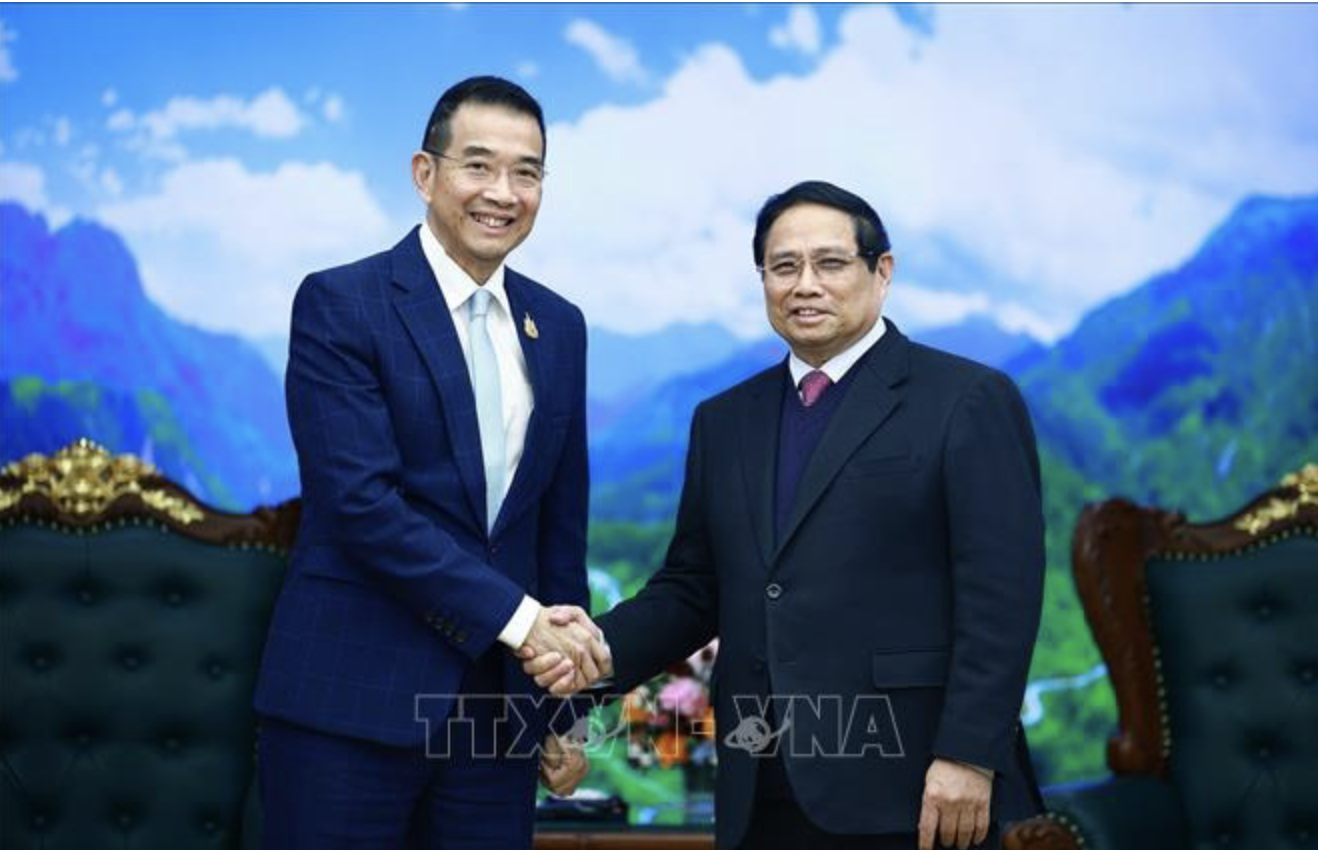
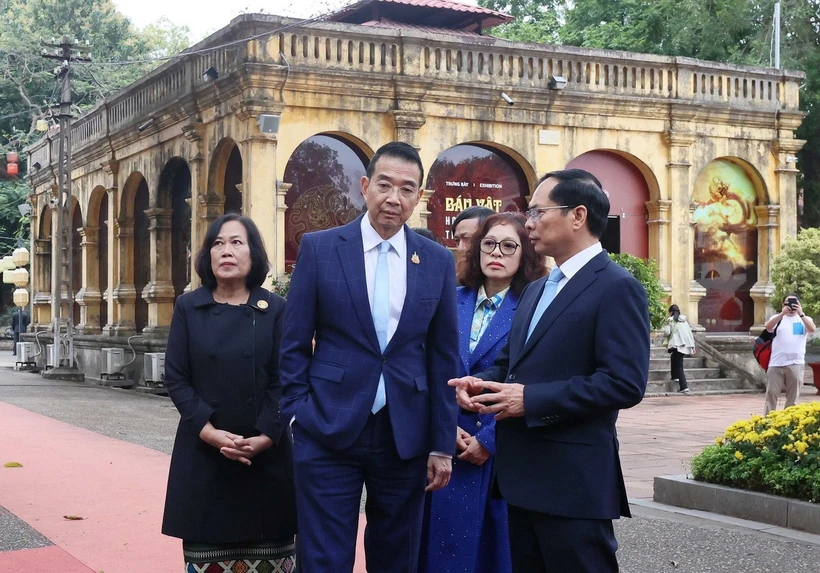























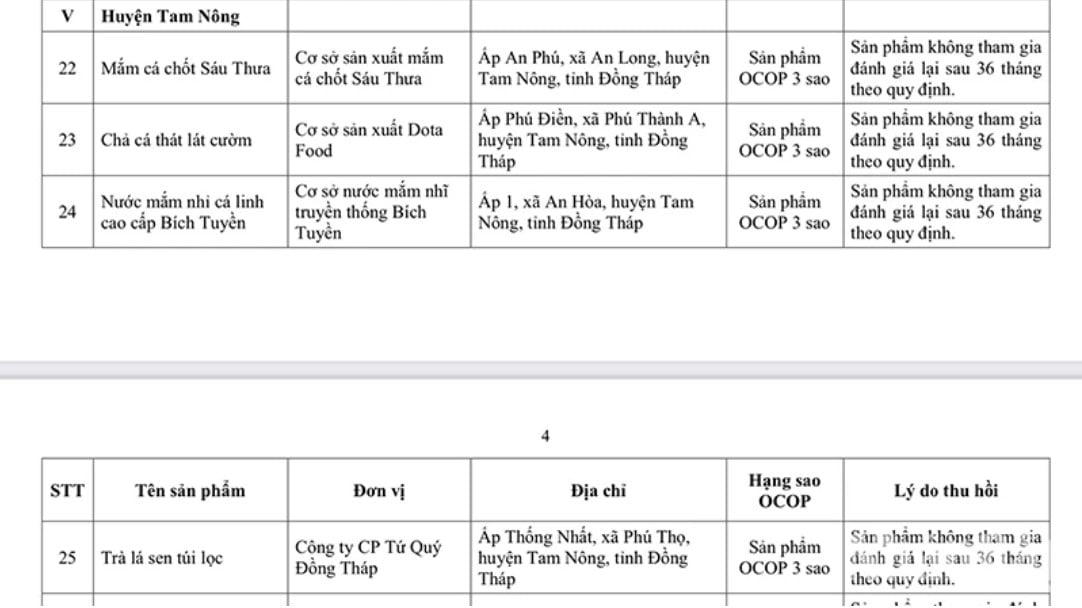


Comment (0)